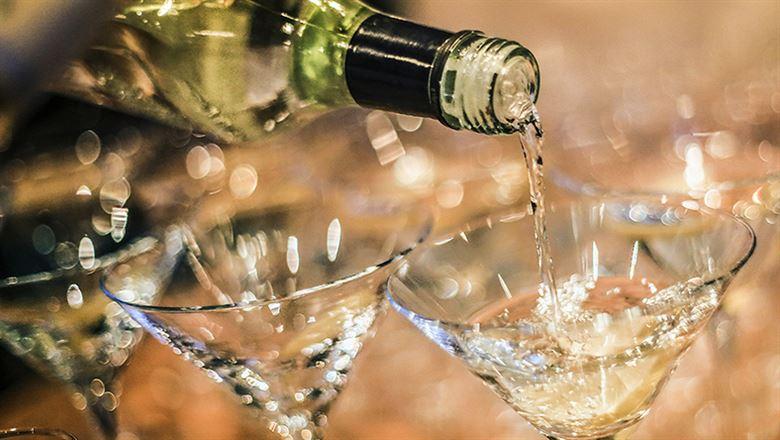Reduce the Risk of Liability for Intoxicated Attendees

If an attendee at your event has too much to drink and harms someone, will your organization be in legal trouble? Under the social host liability theory, it depends on the place and the circumstances. But it always makes sense to take precautions to protect your association and reduce the risk of harm to your attendees and others.
Association social events provide valuable opportunities for member engagement and are integral to keeping your organization relevant to your community. But if your association hosts social events where alcohol is served, you may have had the unfortunate experience of observing a member who threw back one too many.
You may have asked yourself, “If this person gets in their car and injures another person, will the association be held liable?” The answer is usually no—but in some cases yes—under the legal theory known as social host liability.
Social host liability may hold a person or entity responsible for damages arising out of the provision of alcohol to an overly intoxicated adult or an underage person. Social host liability is different from liability under “dram shop” laws, which generally govern the sale or service of alcohol by bars or other alcohol retailers to overly intoxicated patrons. (The term “dram shop” comes from 18th-century English establishments that served alcohol by the “dram,” or spoonful.) Social host laws apply to privately hosted events where alcohol is served. About 40 states have dram shop laws, and about 30 have social host laws.
In most states, social host liability is limited to circumstances involving the provision of alcohol to minors. Generally, if you provide alcohol to a minor or knowingly permit a minor to consume alcohol on property you own, lease, or otherwise control, and the minor’s intoxication causes him or a third party to be injured, you will be held liable for any resulting damages. (In some states, intoxicated minors may not recover damages for their own alcohol-induced injuries.)
It’s likely that most of your members and attendees are over 21, and you may be thinking that none of this applies to you. But several states also hold social hosts liable for serving alcohol to adults who are visibly intoxicated when their intoxication causes death, injury, or damages. The specific requirements for imposing liability vary among the states, but knowledge that the person was intoxicated is a consistent one.
A few states that impose liability on social hosts for providing alcohol to overly intoxicated guests, regardless of age, are Georgia, Indiana, Maine, Massachusetts, New Hampshire, New Jersey, New Mexico, North Dakota, Oregon, and Vermont. In addition, an association may be held liable for the conduct of an intoxicated guest under a general negligence theory of law in states that do not specifically address social host liability.
Precautions and Options
Keeping track of which states impose liability and under what circumstances can seem daunting, especially for associations that host social events in multiple states. Before hosting an event, check the law in the state where you are planning to hold it, or consult with an attorney.
You can also take a few simple steps that can assist you in hosting a safe event, both to protect your association from liability and reduce the risk of attendees experiencing or causing harm:
Host your event at a venue controlled by a third-party vendor who is licensed to sell and serve alcohol. A vendor will typically provide bartenders who are trained in checking identification and identifying people who have had too much to drink. A less costly option may be to hire private bartenders to serve the alcohol your association purchases (be sure the bartenders have the necessary TIPS training and any required licenses). At a minimum, a bartender can serve as a backstop to regulate the flow of alcohol to attendees.
Invite members to serve as “sober monitors.” These volunteers are assigned to roam the event, keeping an eye out for attendees who may have had too much to drink. Sober monitors can also help overly intoxicated people obtain a safe ride home or back to their hotel (make sure volunteers assist members in pairs to avoid any instances or allegations of sexual assault or harassment). If you cannot get enough volunteers to cover the event (a good rule of thumb is one monitor for every 15 guests), consider hiring a few security officers to make the rounds.
Distribute a limited number of drink tickets to attendees. People who are more interested in consuming alcohol than in socializing or networking with each other will go elsewhere.
Have food and alternate beverages available. Make sure to provide enough nonalcoholic beverage options and some food for attendees to enjoy with their drinks.
Consider an alcohol-free event. Of course, this is the only surefire way to avoid social host liability.
Hosting events in today’s legal landscape can be scary. The good news is that social host laws are generally favorable to associations that furnish alcohol to attendees over 21. The best policy is based on common sense: Take care not to serve alcohol to individuals who are underage or overly intoxicated.

